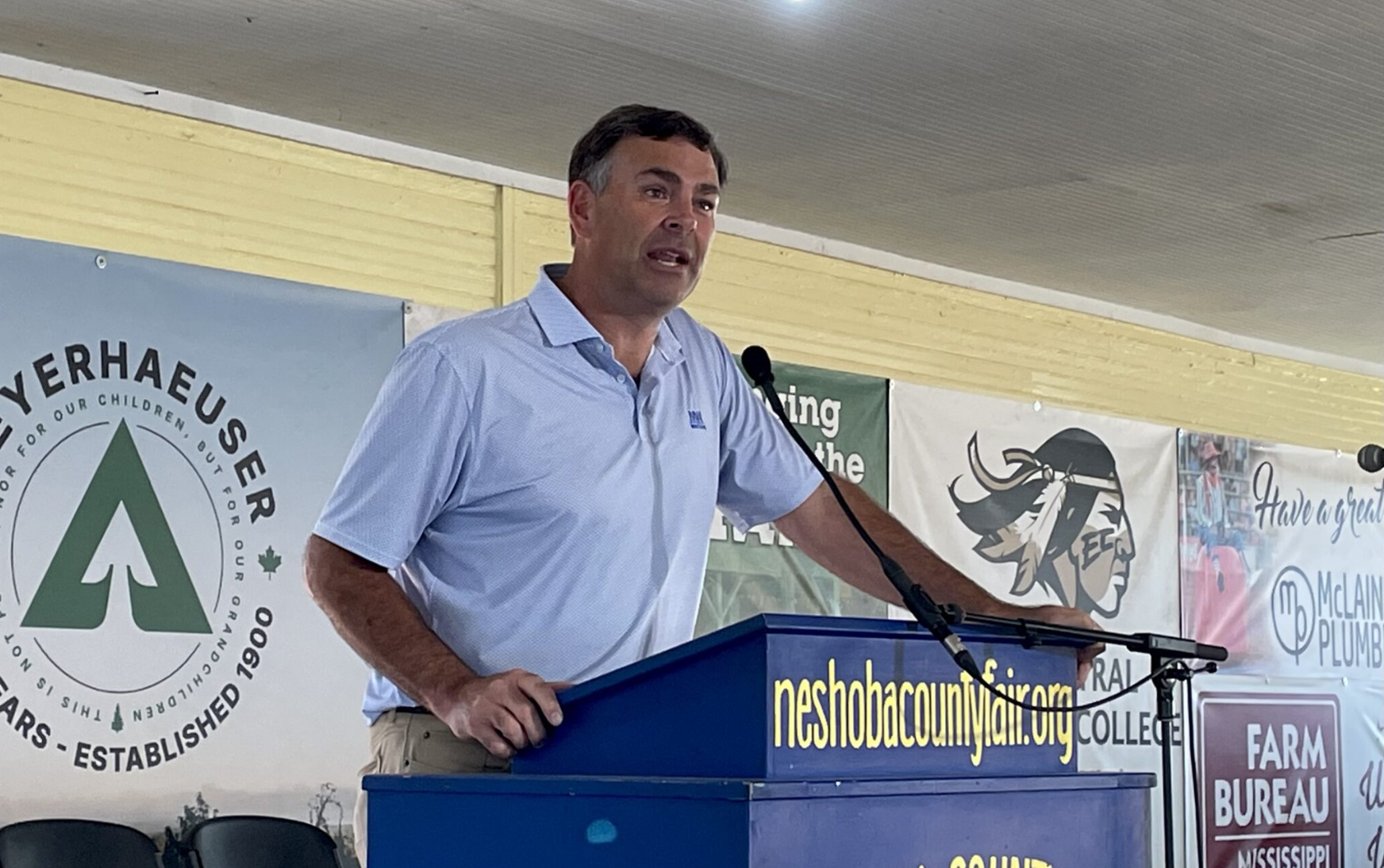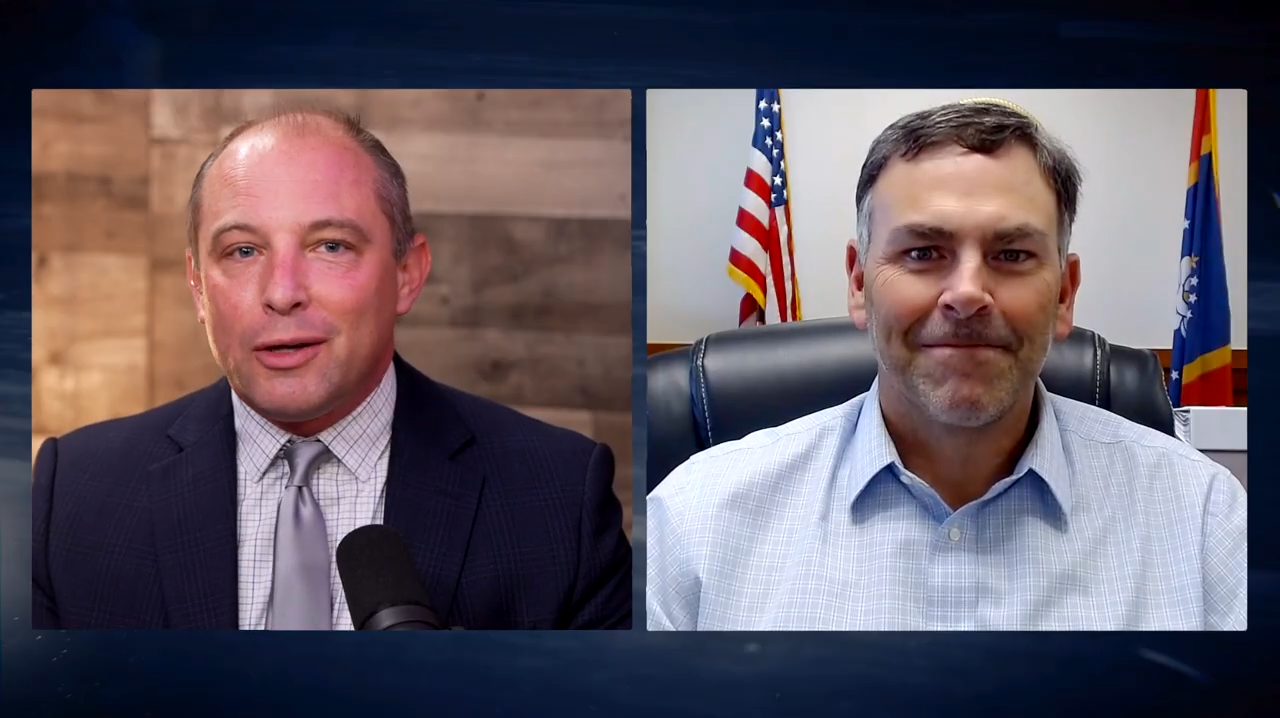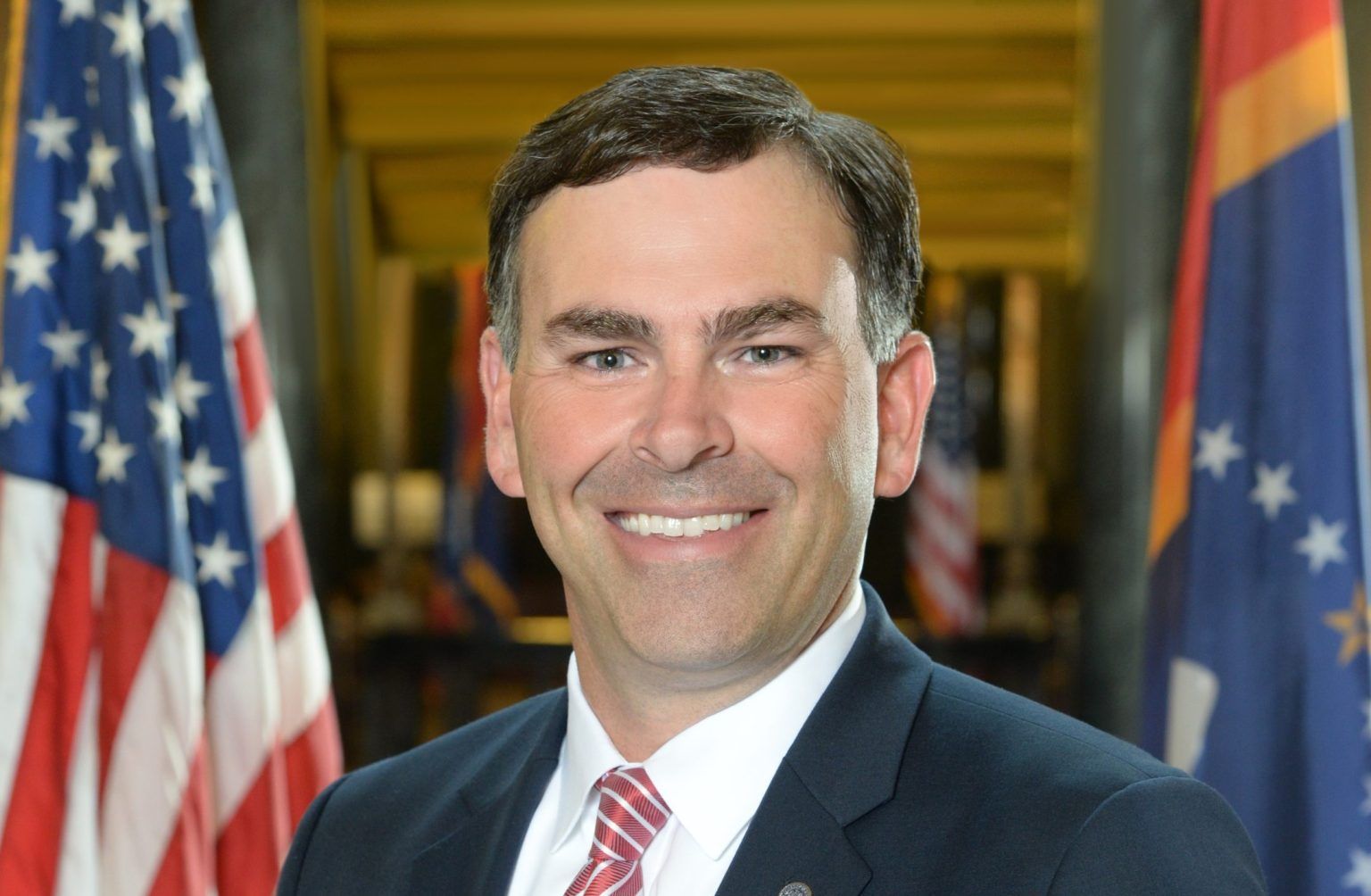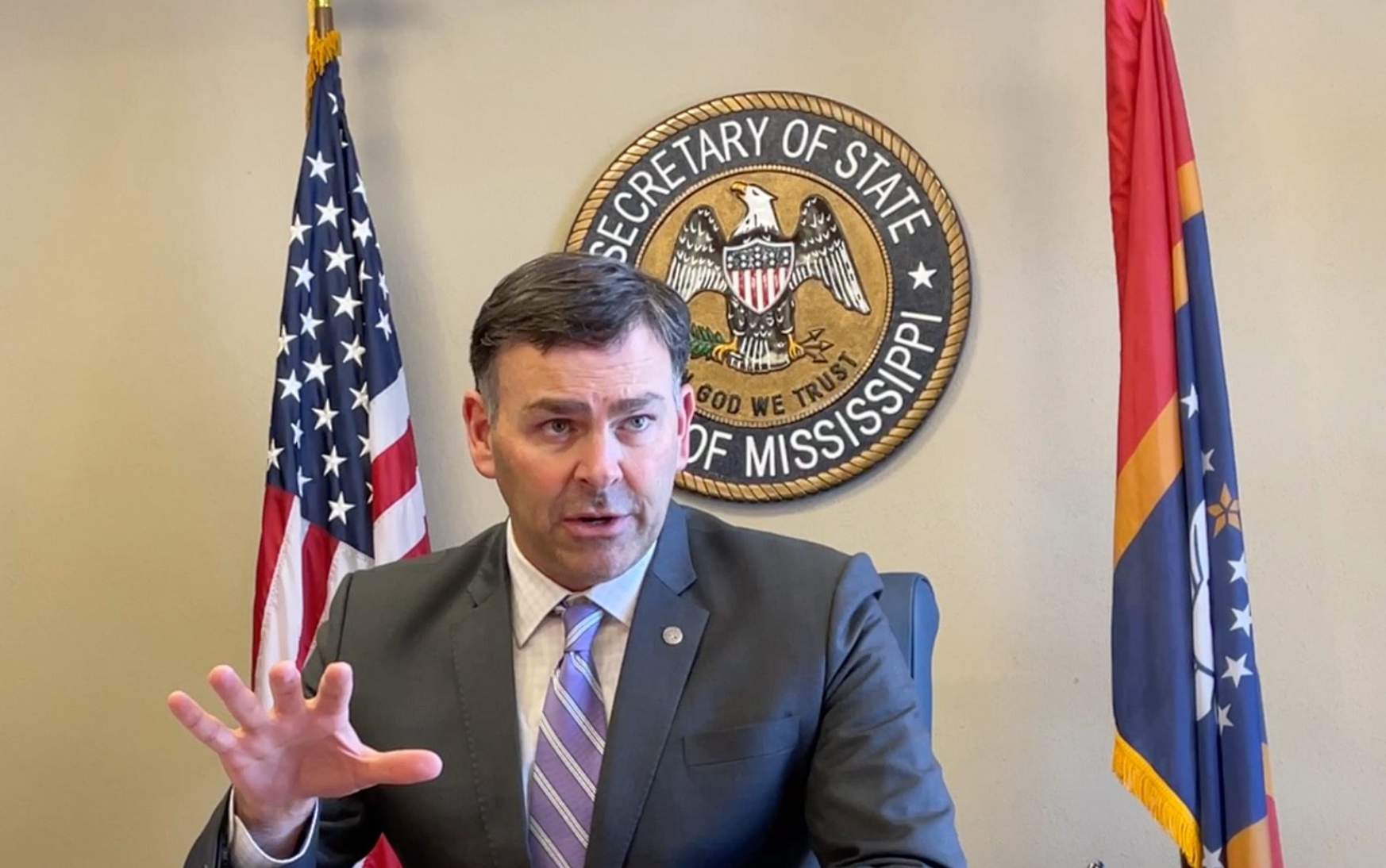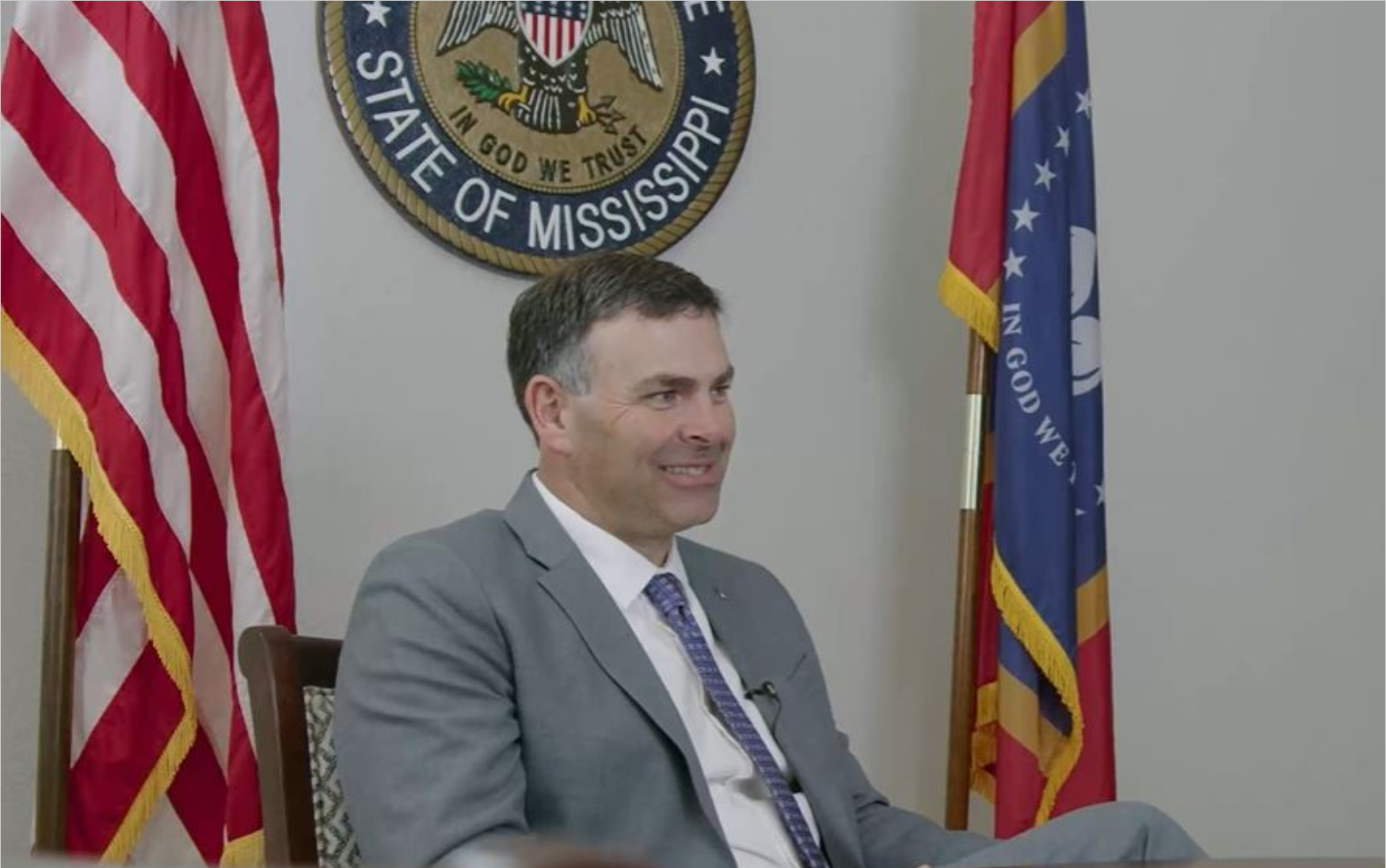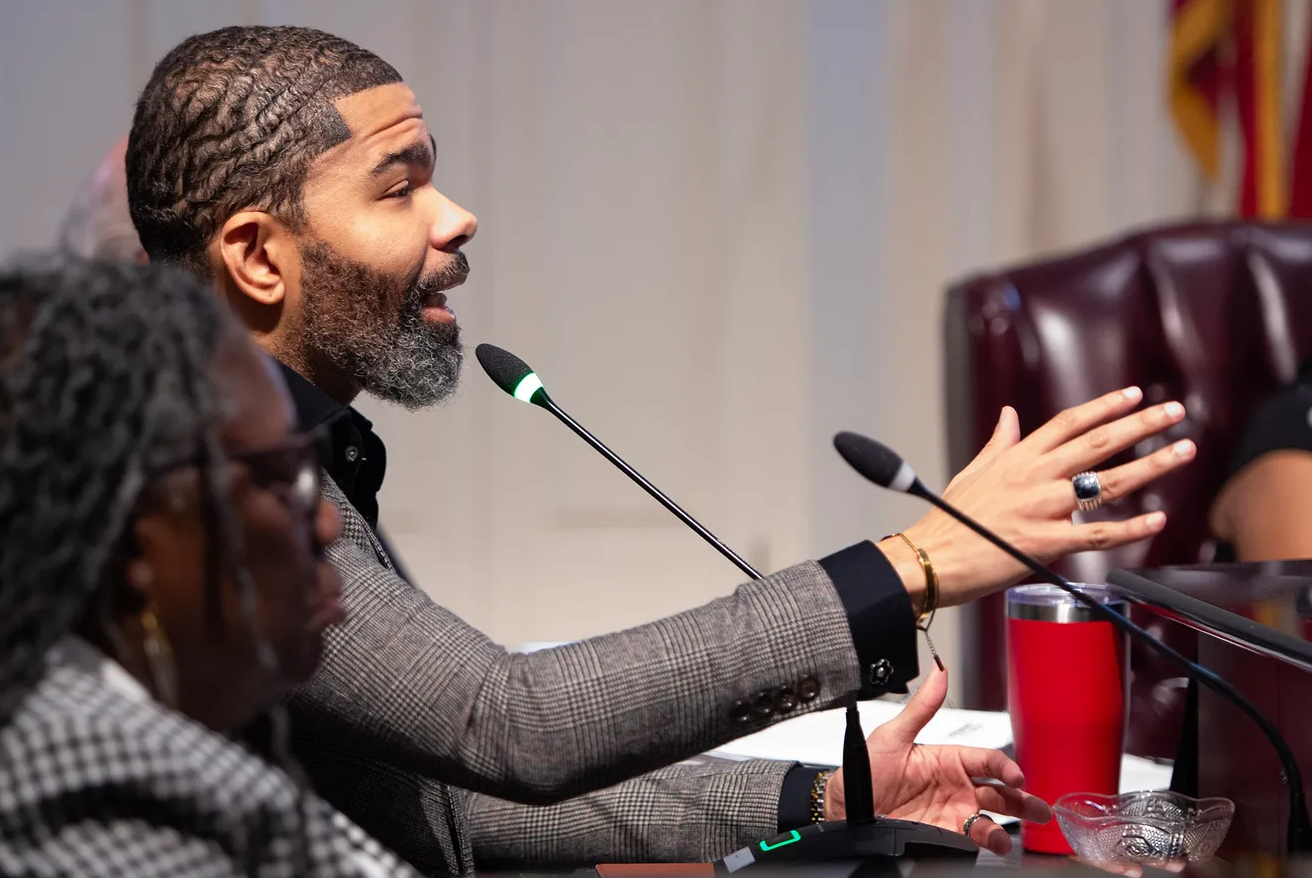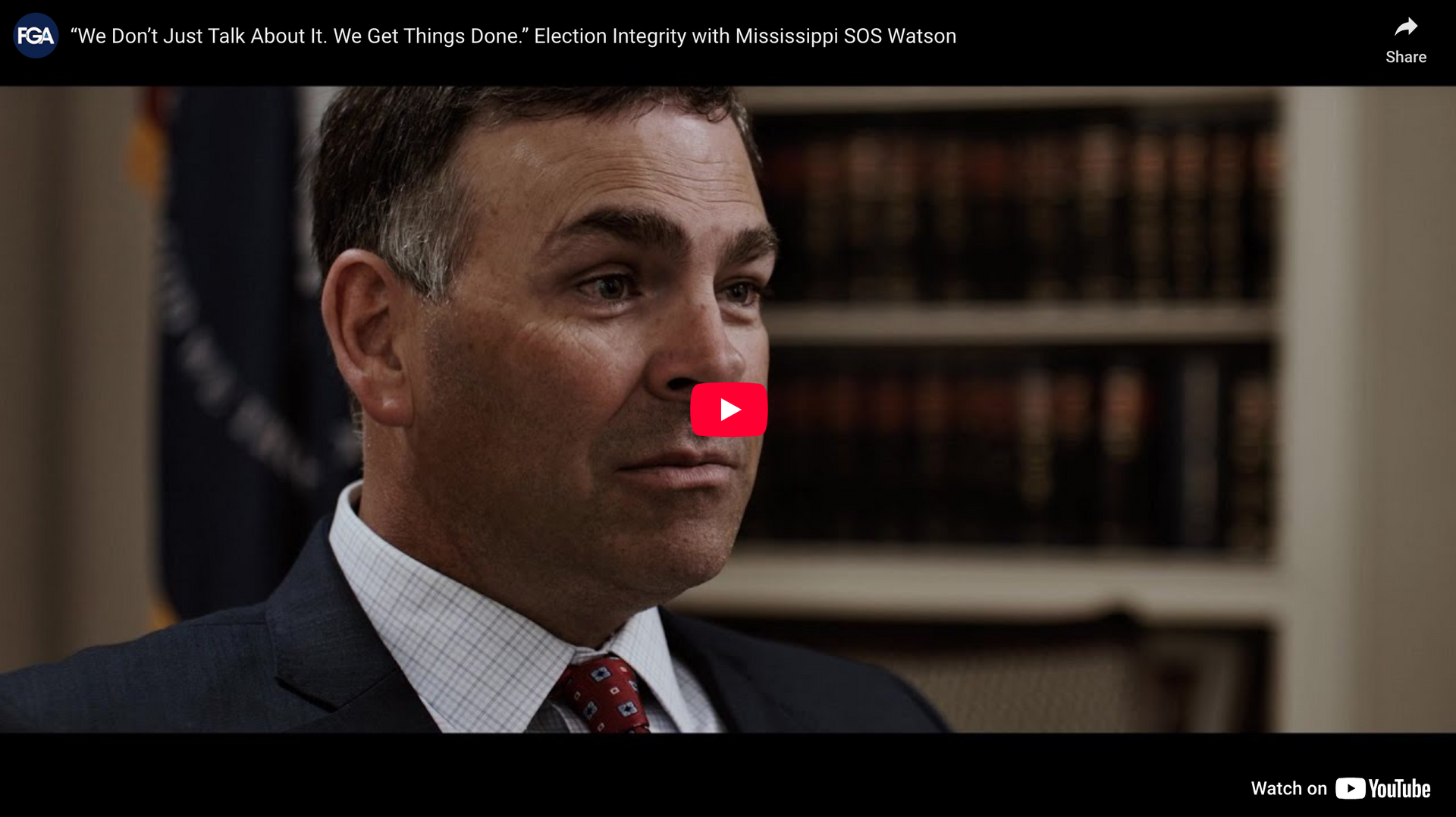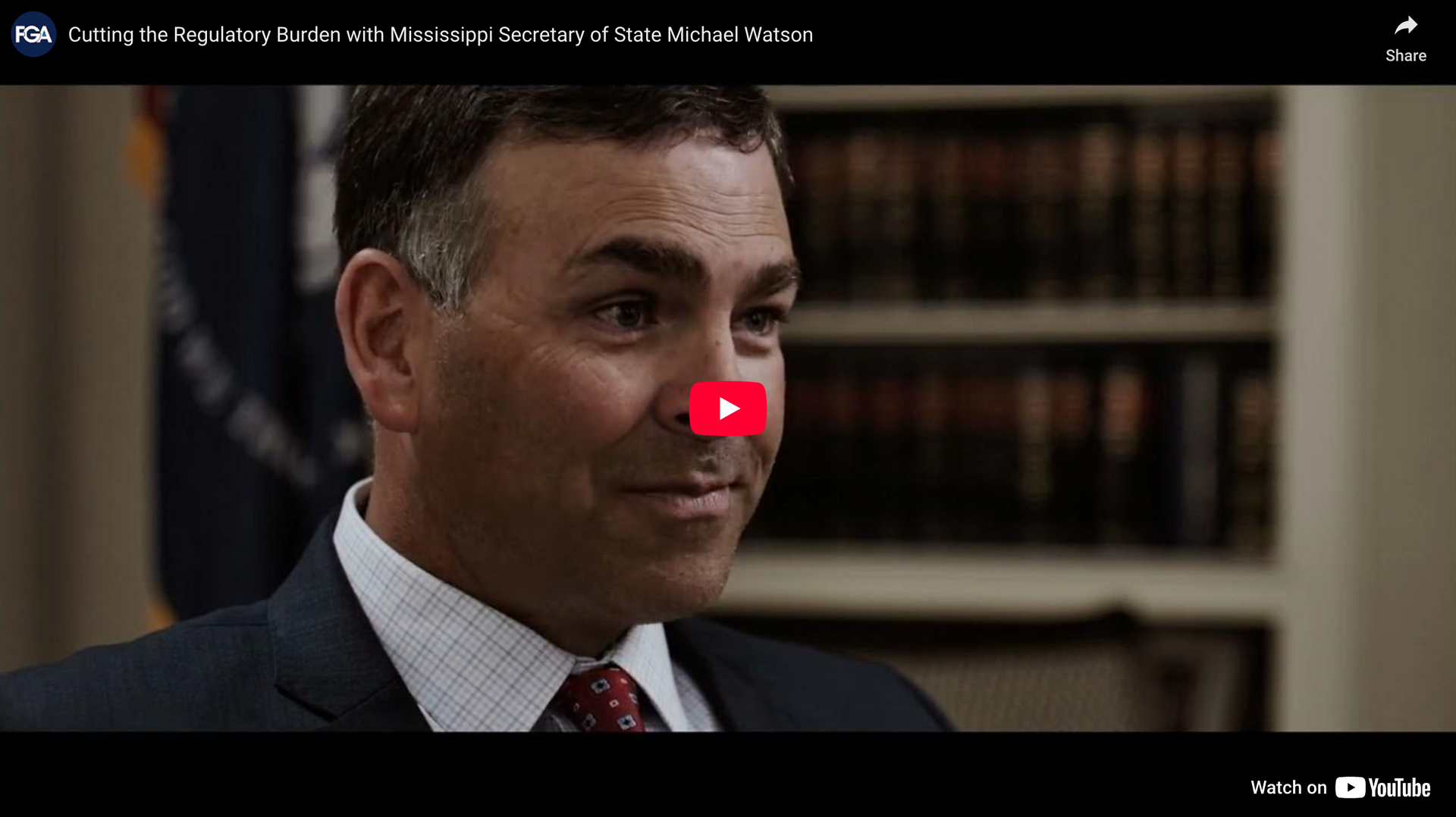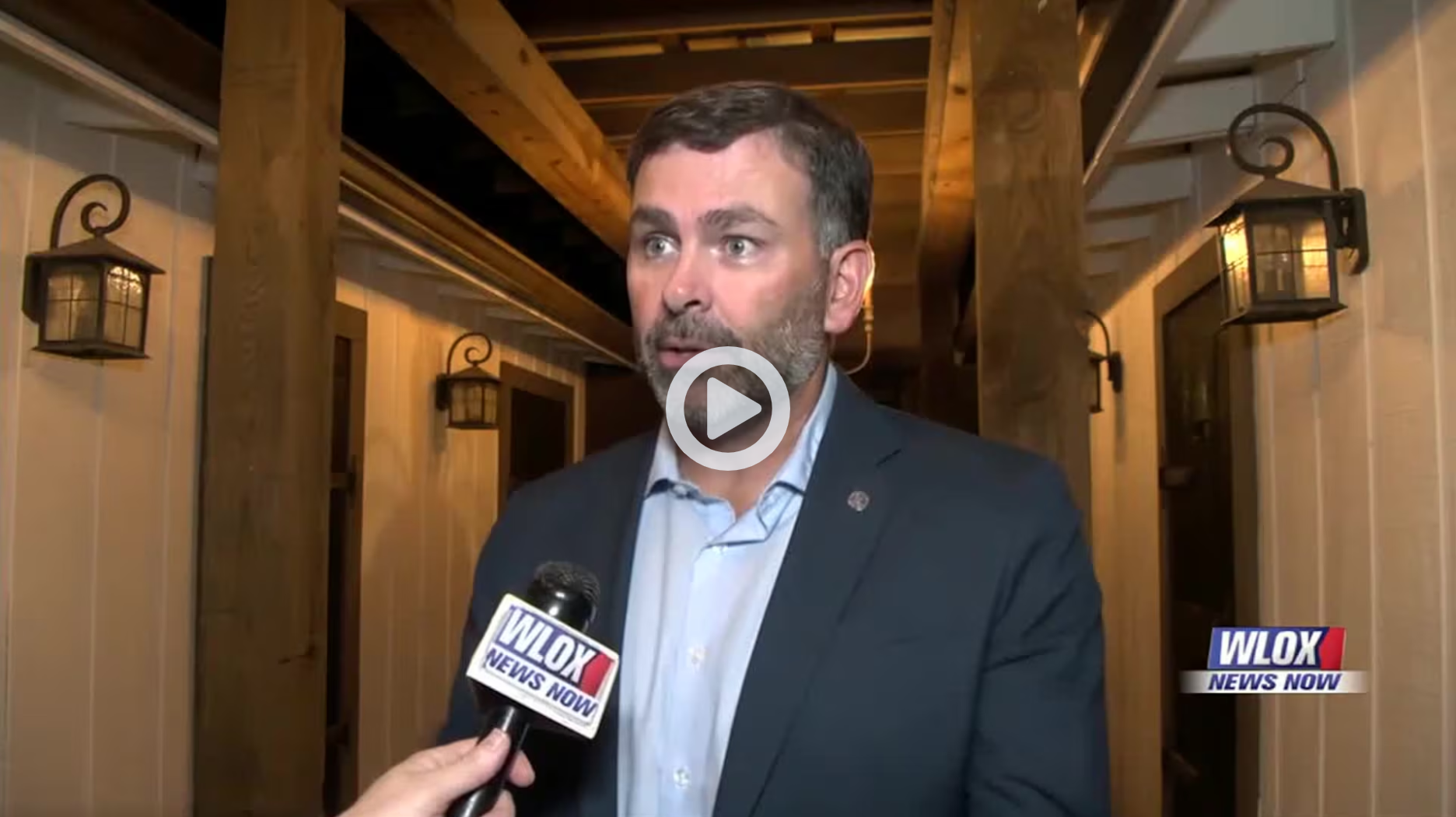OPINION COLUMN: The Erosion of Mississippi's Public Trust Tidelands
Last week, coastal media outlets announced a local judgment against state control of state-owned tidelands, going as far to claim the State is trying to control casino leases, question future tidelands fund contributions,and doubt the use of taxpayer dollars on these lawsuits.
Once again, and similarly to my predecessors, I find myself in the crosshairs of local authorities acting in their own best interest while performing my responsibility as trustee of the Public Trust Tidelands. While I cannot and will not contest every biased media outlet, it is imperative to reaffirm the costly effects of not assuming the fiduciary duty owed to all statewide beneficiaries.
In 1989, the Mississippi Legislature codified its public policy in favor of preserving tidelands and submerged lands in their natural state while allowing the Secretary of State the authority to rent or lease said land. Further, the fund was established to ensure all revenue generated was shared across the three coastal counties to further preserve and protect the Public Trust Tidelands while enhancing public access to the Tidelands.
When I took office in 2020, the legal authorities giving the Secretary of State’s Office management and control over the tidelands on behalf of the State were numerous and uncontroversial. They ranged from legislative statutes to judicial cases requiring the Secretary of State to act in the best interests of the public to facilitate greater access and enjoyment of the tidelands.
Since then, locally elected judges have led the way in eroding these authorities to allow for increasing private use of the public sand beach, while taking away this office’s ability to manage tidelands for the State’s benefit. Recent events have demonstrated the clash over control of the public tidelands property, the public sand beach, and the collection of related rents. Instead of principled uniform management, this erosion has fractured management into several different bodies, each with its own agenda, creating conflicts within the trust.
For instance, the City of Biloxi has assumed the role of issuing private-use leases over the public sand beach in favor of certain new casino developments while providing good-ole-boy lease rates. When compared to the average casino rent paid to the State for the same use, Biloxi’s “preferred” leases have no basis in fair market value and do not go to the public trust tideland fund as required by the legislature. Biloxi is the only beneficiary under this scheme to the detriment of other Coastal cities and the state as a whole.
To be clear, the State’s position is not to control development or attempt a land grab. As a matter of fact, proposed legislation my office drafted gave cities even more control. The principles applied have and will always be consistent with the purpose of the Tidelands Act. I whole-heartedly support development, casinos or otherwise, because of the benefits to the Tidelands Fund. Last fiscal year alone, the Tidelands Fund garnered $11,426,985 under my management, and if functioning as originally intended, this amount should only increase.
However, should the court system continue to diminish the Secretary of State’s role in safeguarding the public trust tidelands while the legislature remains questionably quiet, Mississippians are well on their way to seeing a dramatic decline in the tidelands fund income used to support public access and management projects across the entirety of the coast. Look no further than the aforementioned article questioning whether the latest summary judgment provides an out for a coastal onshore casino in Biloxi having to pay the statutory in-lieu rents into the tidelands fund. While I do not believe it does, a locally elected judge may disagree, which would result in north of a $600,000 hit to the fund.
But where, you ask, would the money go? Ask the City of Biloxi.
All of Mississippi should be concerned, and as long as I’m Secretary of State, I will act to uphold my duties as Public Trust Tidelands trustee, but more importantly, follow the law.
MICHAEL WATSON
Secretary of State
State of Mississippi
